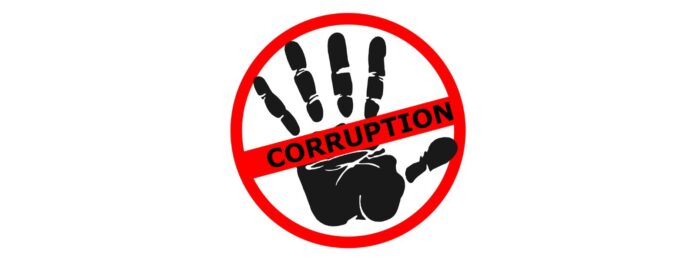By: Staff Writer
February 24, Colombo (LNW): Under the leadership of President Anura Kumara Dissanayake, the Sri Lankan government is taking decisive steps to investigate and address major corruption scandals and financial crimes. A key focus of this initiative is the recovery of overseas assets linked to influential political figures, with efforts also directed toward revising international legal frameworks to enhance asset recovery.
Several high-profile cases are being revisited, including the Central Bank bond scam, the misappropriation of sugar tax revenues, the garlic fraud, irregularities in coal procurement for the Lakvijaya Power Plant between 2022 and 2025, and the controversial purchase of 96,000 metric tons of organic fertilizer.
To strengthen this anti-corruption drive, the government is preparing to introduce a new bill in parliament. This legislation aims to empower a specialized team of experienced investigators with statutory authority to handle complex financial crime cases. Currently, investigative authority is concentrated under the Director General of the Commission to Investigate Allegations of Bribery or Corruption, but the new bill seeks to expand and expedite these efforts.
Wasantha Samarasinghe, convener of the JVP-led Anti-Corruption Voice and a key figure in the National People’s Power (NPP) executive committee, emphasized the government’s commitment to ensuring corrupt individuals face justice. He highlighted that 118 files on financial crimes, originally investigated by the now-defunct Financial Crimes Investigation Division (FCID), remain unresolved at the Attorney General’s Department.
In 2016, the NPP had submitted 570 cases to the FCID, the Criminal Investigation Department (CID), and the Bribery or Corruption Commission. Among these, 118 cases had been thoroughly investigated by the FCID and forwarded to the Attorney General’s Department, yet no legal action has been taken so far.
The International Monetary Fund (IMF), in its Technical Assistance Report on Governance Diagnostic Assessment, acknowledged the critical role of Sri Lanka’s recent anti-corruption efforts. The IMF report noted that the mass protests of 2022 reflected public consensus on systemic corruption being a key factor in the nation’s economic crisis. The resignation of former President Gotabaya Rajapaksa in July 2022 underscored the urgent need for governance reform as an essential step toward economic stability, with civil society actively pushing for greater accountability and transparency.
Significant legislative reforms have also taken place. The Anti-Corruption Act No. 9 of 2023 replaced the outdated Bribery Act No. 11 of 1954, the Commission to Investigate Allegations of Bribery or Corruption Act No. 19 of 1998, and the Declaration of Assets and Liabilities Law No. 1 of 1975. Under the new law, the Anti-Corruption Commission is authorized to conduct preliminary inquiries and, upon finding reasonable grounds, direct the Director General to initiate full investigations and legal proceedings.
According to the revised legal framework, if an accused individual pleads guilty, the magistrate can record a conviction and impose a sentence in accordance with the law. For those who contest the charges, the proceedings will follow the Code of Criminal Procedure Act No. 15 of 1979, with necessary adjustments made for magistrate court trials.
With these strengthened legal and investigative measures, the government aims to restore public confidence and establish a more transparent system to combat corruption and financial misconduct in Sri Lanka.

